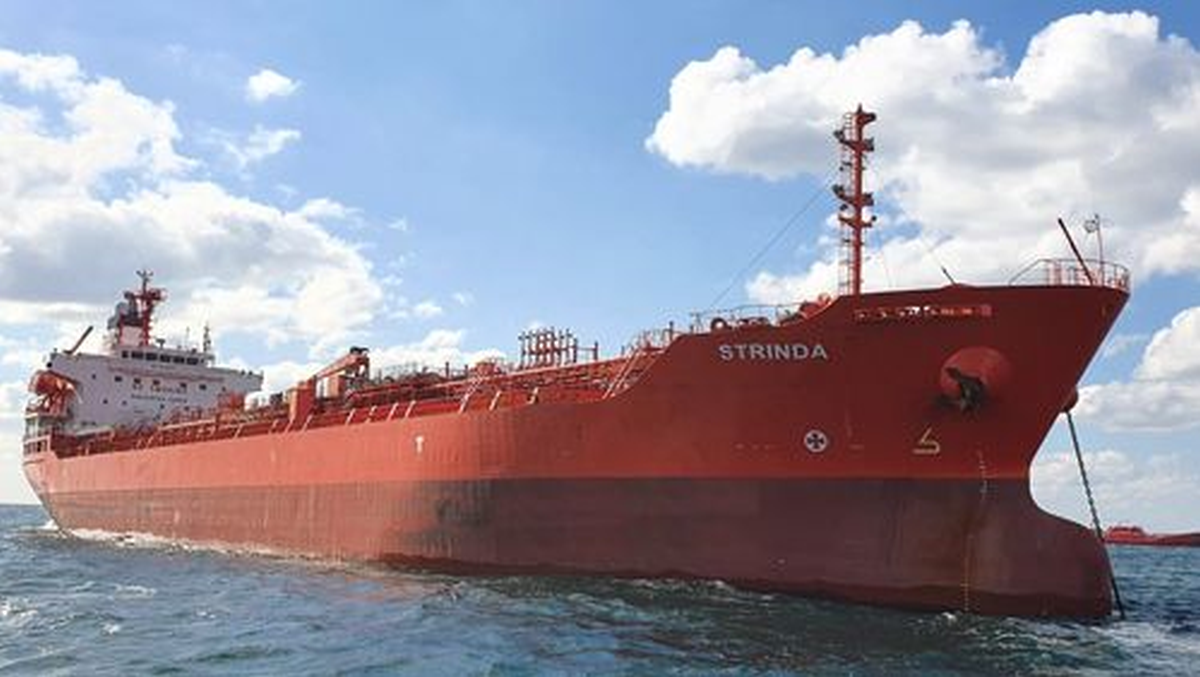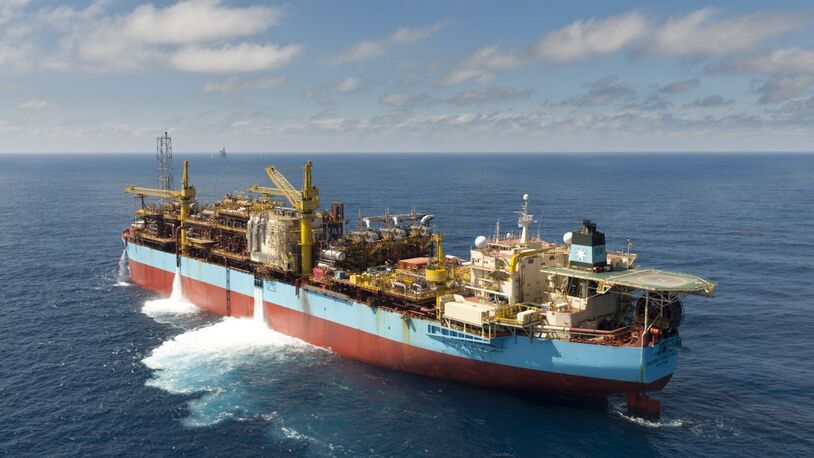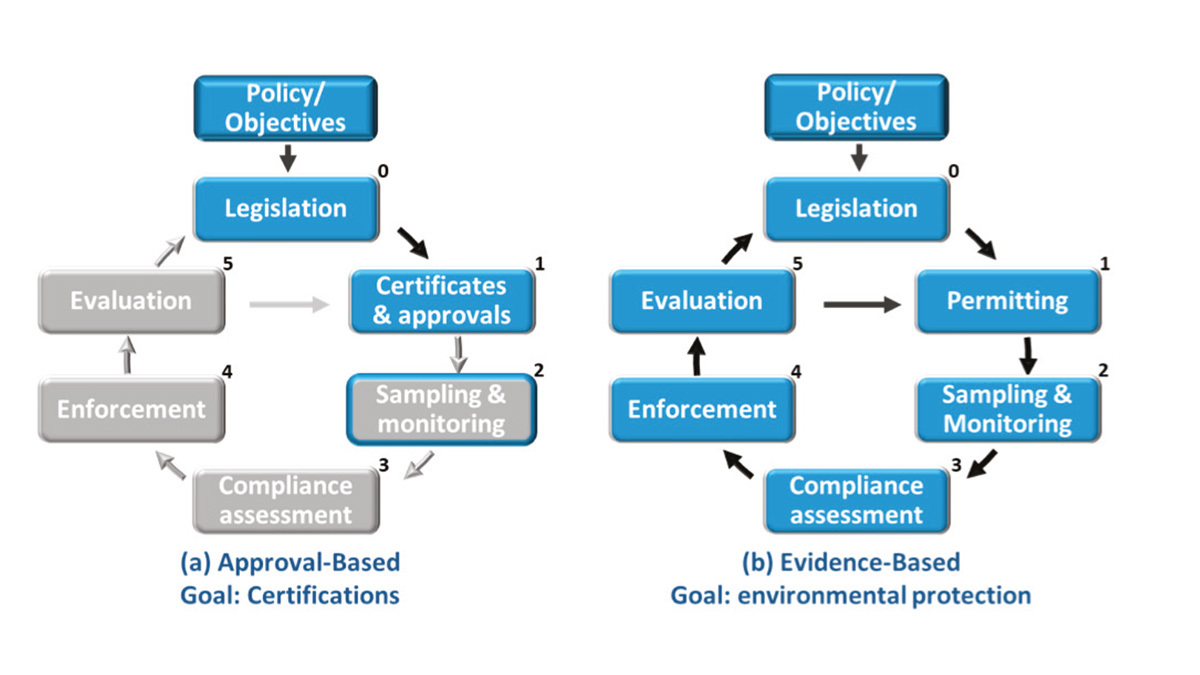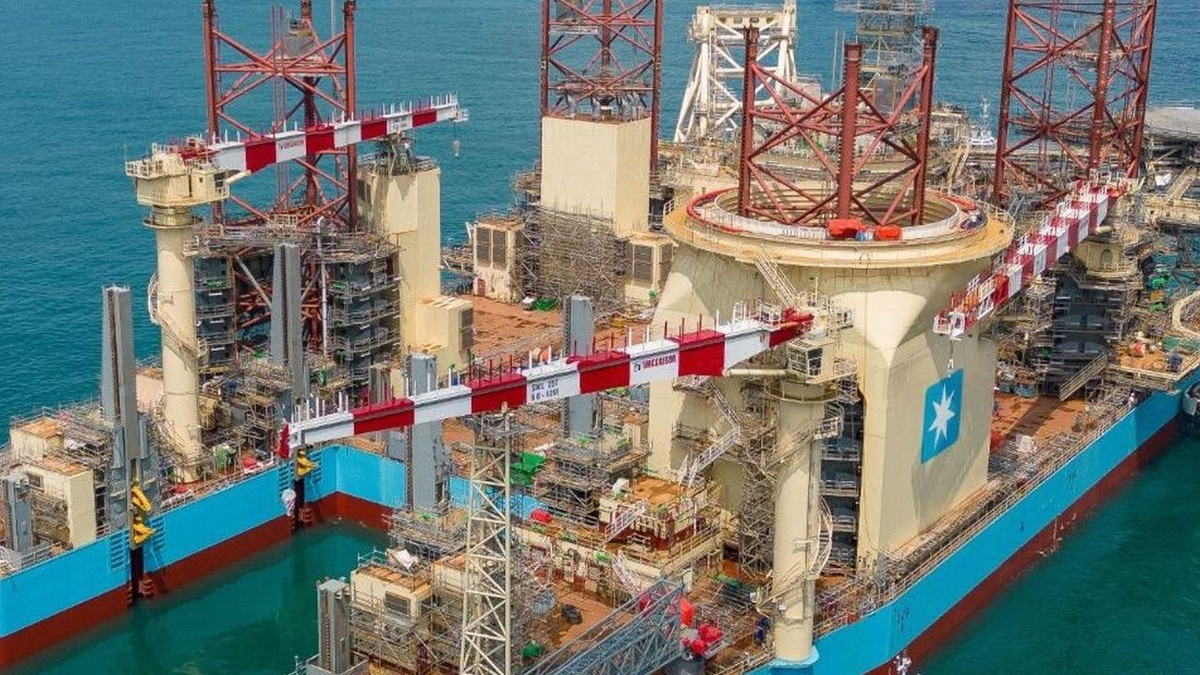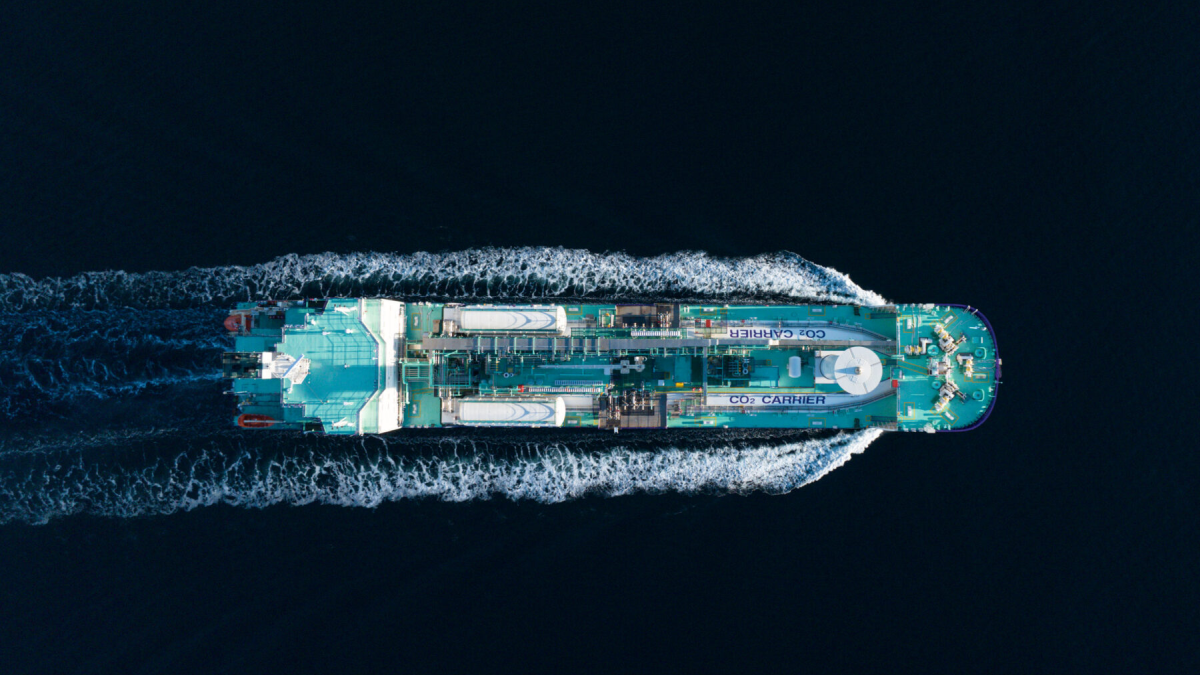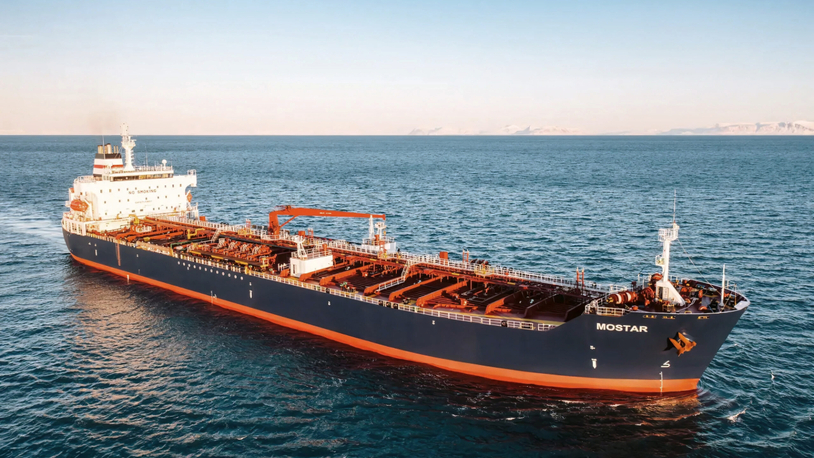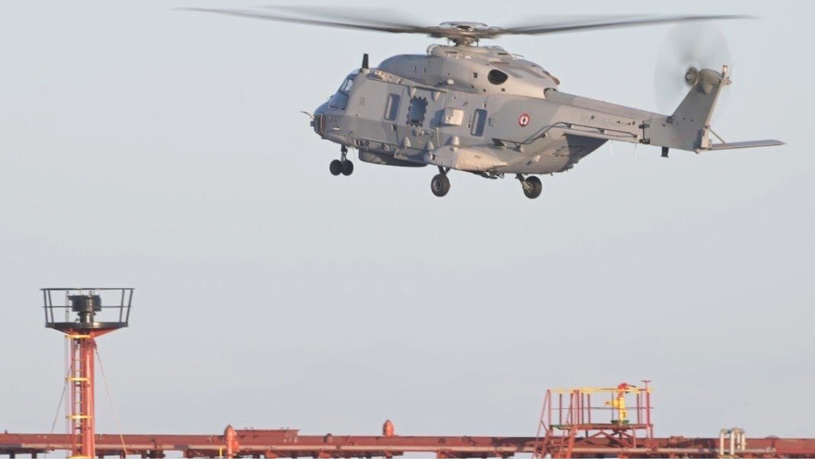Business Sectors
Events
Floating energy: successfully unlocking stranded gas using FLNGs and FSRUs
Contents
Houthis hit Norwegian tanker in Red Sea after threatening all ships heading to Israel
Bergen, Norway-based J Ludwig Mowinckels Rederi’s Norway-flagged tanker caught fire after a missile strike while en route from Malaysia to Italy with a cargo of biofuel feedstock
Stainless steel, 20,000-dwt, 2006-built Strinda took fire in the Red Sea off Yemen overnight on 11 December, according to the vessel’s owners and the US military’s Central Command (CENTCOM).
"Norwegian flagged vessel Strinda, for which Mowinckels Rederi is disponent owner, was attacked in the Red Sea last night, 11 December 2023. The vessel was hit by a missile and caught fire," J Ludwig Mowinckels Rederi said in a statement posted to its website.
The company said there were no injuries to any of the crew, who managed to extinguish the fire. All crew members are Indian citizens, according to J Ludwig Mowinckels Rederi.
US CENTCOM issued a statement saying the tanker was hit by "what is assessed to have been an anti-ship cruise missile launched from a Houthi-controlled area of Yemen while passing through the Bab-el-Mandeb [Strait]".
"Strinda reported damage causing a fire on board, but no casualties at this time. There were no US ships in the vicinity at the time of the attack, but USS Mason responded to Strinda’s mayday call and is currently rendering assistance," CENTCOM said.
The vessel’s AIS data shows it is underway under its own power with armed guards on board and a destination listed as the Eastern Mediterranean.
J Ludwig Mowinckels Rederi said the vessel is "proceeding to a safe port".
A spokesman for the Iran-backed Islamist Houthi military group Yemeni Armed Forces, which controls northern Yemen, has claimed responsibility for the attack on social media platform X, formerly Twitter.
Yahya Sare’e’s account said, "The naval forces of the Yemeni Armed Forces carried out a qualitative military operation against the Norwegian ship "Astrinda" [sic], which was loaded with oil and headed to the Israeli entity. It was targeted with a suitable naval missile."
"The Yemeni Armed Forces confirm they continue to prevent all ships of all nationalities heading to Israeli ports from navigating in the Arab and Red Seas until they bring in the food and medicine that our steadfast brothers in the Gaza Strip need." The same social media account, on 9 December, posted that the army would expand its attacks.
Security consultancy Ambrey released a brief on the attack, saying that the group deliberately targeted Norwegian-owned chemical tanker Strinda.
"[Yemeni Armed Forces’] Sare’e claimed that the vessel was warned beforehand and only targeted it after the crew refused to adhere to the Houthis’ demands."
Ambrey said the French Navy was heard guiding the vessel after the strike and, as US CENTCOM later confirmed, the Arleigh Burke-class destroyer USS Mason assisted.
"The vessel was transmitting its AIS signals prior to the attack. Videos taken from the sea emerged on social media. Ambrey assessed them to be credible showing a significant explosion. Men were heard chanting ’Allahu Akbar. Death to America. Death to Israel,’ over the videos. Ambrey assessed that the men were in small boats and likely associated with the Houthis. Ambrey assessed the vessel had a non-Ambrey private armed security team onboard."
Ambrey cited an Ashdod port website showing that Strinda was bound to call Ashdod in January 2024. "This was assessed to be the reason for the missile strike. The vessel was otherwise not affiliated to Israel," they said.
In the days leading up to the expanded threat, the Yemeni Armed Forces had carried out attacks against vessels with Israeli ties. The Yemeni Armed Forces claimed success in deterring Israeli-linked vessels from the region and said, if Israel’s "ongoing horrific massacres, genocide and siege against Palestinians in Gaza" were to continue, that the army would stop any vessels bound for Israel from navigating in the region.
Citing its "concern for the safety of maritime navigation," the Yemeni Armed Forces warned vessels away from Israeli ports.
"The Yemeni Armed Forces reaffirms its full commitment to the safe continuation of the global trade movement through the Red and Arab Seas for all ships and all countries with the exception of ships affiliated to Israel or transporting commodities to Israeli ports," the group said.
On 7 December, the US Treasury’s Office of Foreign Assets Control (OFAC) announced a fresh round of sanctions against Iranian-linked individuals and companies. The Department of the Treasury said the sanctions were intended to hit a "network financing Houthi regional aggression".
“The Houthis continue to receive funding and support from Iran, and the result is unsurprising: unprovoked attacks on civilian infrastructure and commercial shipping, disrupting maritime security and threatening international commercial trade,” said Under Secretary of the Treasury for Terrorism and Financial Intelligence Brian E. Nelson. “Treasury will continue to disrupt the financial facilitation and procurement networks that enable these destabilizing activities.”
IMO secretary general Kitack Lim released a statement following the latest attack, condemning, in general language, threats and attacks against commercial shipping.
"The recent reports of threats made to commercial shipping in the Red Sea are extremely alarming and unacceptable. Commercial shipping should never be a collateral victim of geopolitical conflicts. Any attack on commercial shipping is contrary to international maritime law, including laws which protect the freedom of navigation. Any action which might adversely affect shipping engaged in international trade must be avoided.
Ships, cargoes and seafarers must be protected at all times. I invite member states to work together to ensure unhindered and safe global navigation, everywhere, as a prerequisite for maintaining the world’s supply chains, and in line with the framework of the Djibouti Code of Conduct," the statement said.
The UN’s Djibouti Code of Conduct concerning the Repression of Piracy and Armed Robbery against Ships in the Western Indian Ocean and the Gulf of Aden was adopted in 2009. The Jeddah Amendment, adopted in 2017, extends the scope of the Code, "calling on the signatory states to co-operate to the fullest possible extent to repress transnational organised crime in the maritime domain, maritime terrorism, illegal, unregulated and unreported fishing and other illegal activities at sea".
Sign up for Riviera’s series of technical and operational webinars and conferences in 2023:
- Register to attend by visiting our events page.
- Watch recordings from all of our webinars in the webinar library.
Related to this Story
Events
Maritime Regulations Webinar Week
Floating energy: successfully unlocking stranded gas using FLNGs and FSRUs
© 2024 Riviera Maritime Media Ltd.


